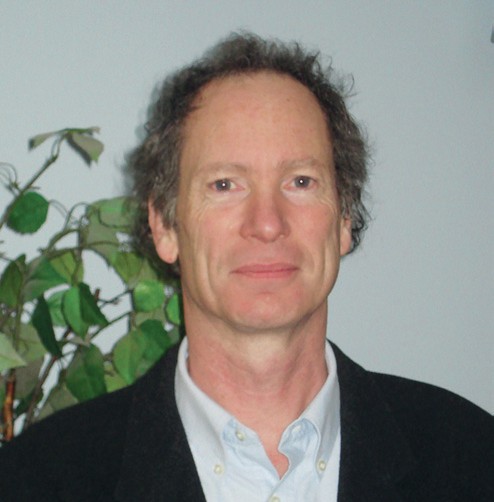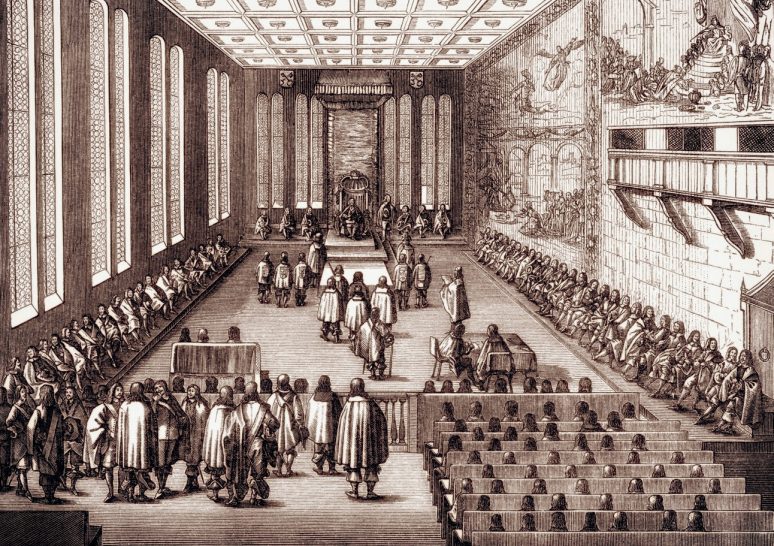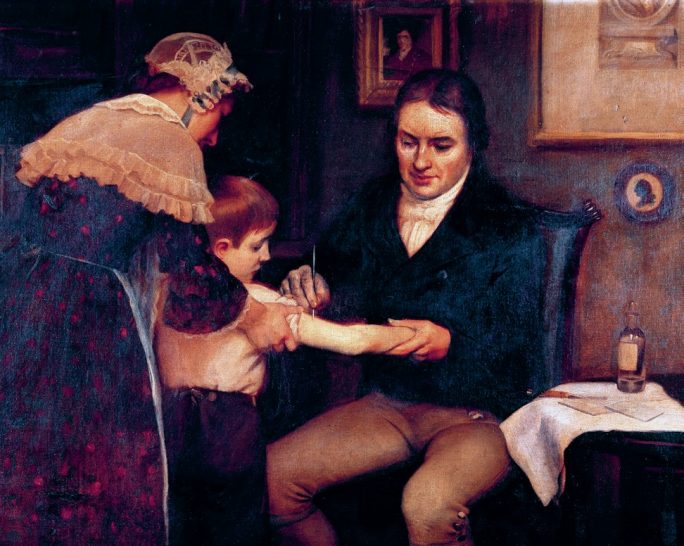
Last October more than 50 history teachers from across the country gathered aboard HMS Belfast in London for the first ever Access to History Live event. Neil Forbes, professor of history at Coventry University, began his talk on Nazi Germany with the words ‘History is an art, not a science’. He was making the point that in history there is no ‘right answer’ — there is room for disagreement and debate.
Forbes went on to argue that the rise of the Nazis was, in part, an expression of a broader failure of capitalism and liberalism in the 1930s. In the context of the Great Depression, he claimed, there was widespread concern that capitalism and democracy were no longer up to the job and that some kind of planned economy was the way forward. This controversial statement proved the point about the potential for debate in history, by provoking heated discussion. One member of the audience argued, ‘But capitalism didn’t fail, the Great Depression was just part of the cycle’, while another pointed out, ‘Hitler wasn’t proposing a planned economy in 1933’. As we broke for coffee, and a few diehards were still trying to force Forbes to justify his interpretation, I took the opportunity to interview him.
Your organisation does not have access to this article.
Sign up today to give your students the edge they need to achieve their best grades with subject expertise
Subscribe




